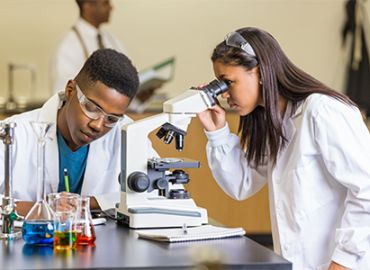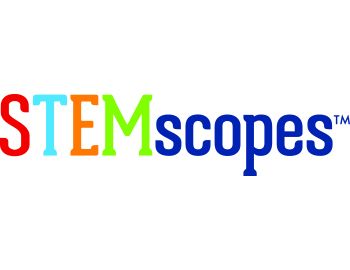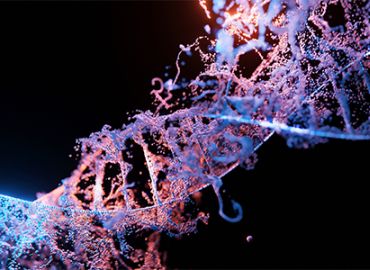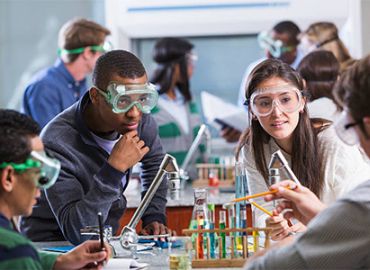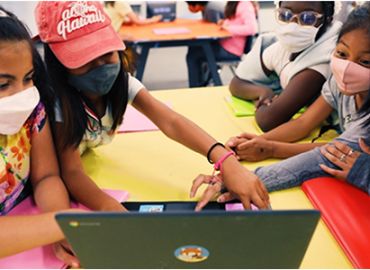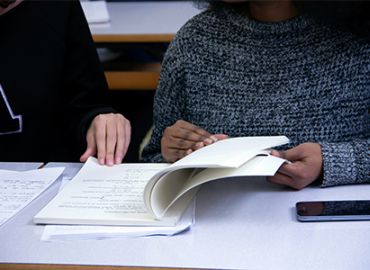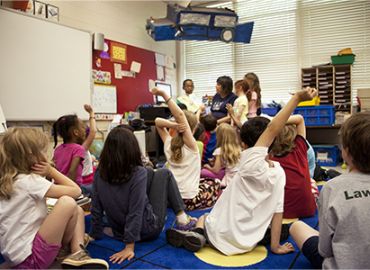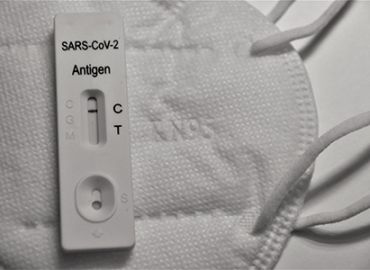Archives
Region 1 Update: Fall 2023
The Durham Ferry Outdoor Education Center's 'Let's Play Outside' Summer Camp, is a unique program partially funded by the CA Natural Resources Agency and district contributions. This collaborative effort with local community partners offers students…
Do Girls Really Belong in STEM?
Our first article in the series explored student voice on DEI through reflections on their pre undergraduate STEM experiences. For this second series current high school STEM student voices are amplified, speaking to the notion of marginalized voices…
Cultural Relevance and Responsiveness within the Science Classroom
Infusing culture into today’s teaching makes a big impact on students. It’s a way to easily draw connections between the curriculum and a student’s everyday life. This connectivity makes interpreting new information easier, quicker, and more…
Introducing Your Students to the Bioethics of Gene Editing with CRISPR
Modern biotechnology encompasses a variety of techniques that are used extensively in today’s labs, such as genetic engineering and creating recombinant DNA techniques. These advances allow scientists to directly manipulate DNA sequences,…
How to improve student literacy skills in science
What does being scientifically literate mean? Being scientifically literate means that a person can ask, find, or determine answers to questions derived from everyday observations and curiosity! Therefore, they have numerical, written, and literacy…
Superfun Web Applications to Explore the Science of Sound and Music
Science, music, and technology have tons of connections, from the science of sound, waves and vibrations, to the use of computers to create electronic music. These connections offer a great opportunity to bring engaging and creative practices to the…
Region 4 Update: Summer 2023
It is with mixed emotions that California educators say good-bye to Maggie Riley as she retires from Inyo County Office of Education this June. We are excited for her to begin her next adventure and know that she will be greatly missed.
Strategies for Supporting Students to Engage in Scientific Argumentation
Engaging students in argumentation is one of the scientific practices essential to helping students develop their ability to participate productively in scientific sensemaking. Scientific argumentation involves students in generating and responding…
Pathways for Multilingual Learners in Science
Visualize a small group of third graders sitting on the rug with their teacher practicing the process of asking questions. Using visuals with question starters, students excitedly take turns asking What, Where, Why, When, and How questions about an…
COVID-19: Science to the rescue
In spite of the many challenges presented to educators by the recent COVID-19 pandemic, science teachers have been presented with a rare opportunity to talk with their students about the remarkable way in which science responded to this challenge,…



